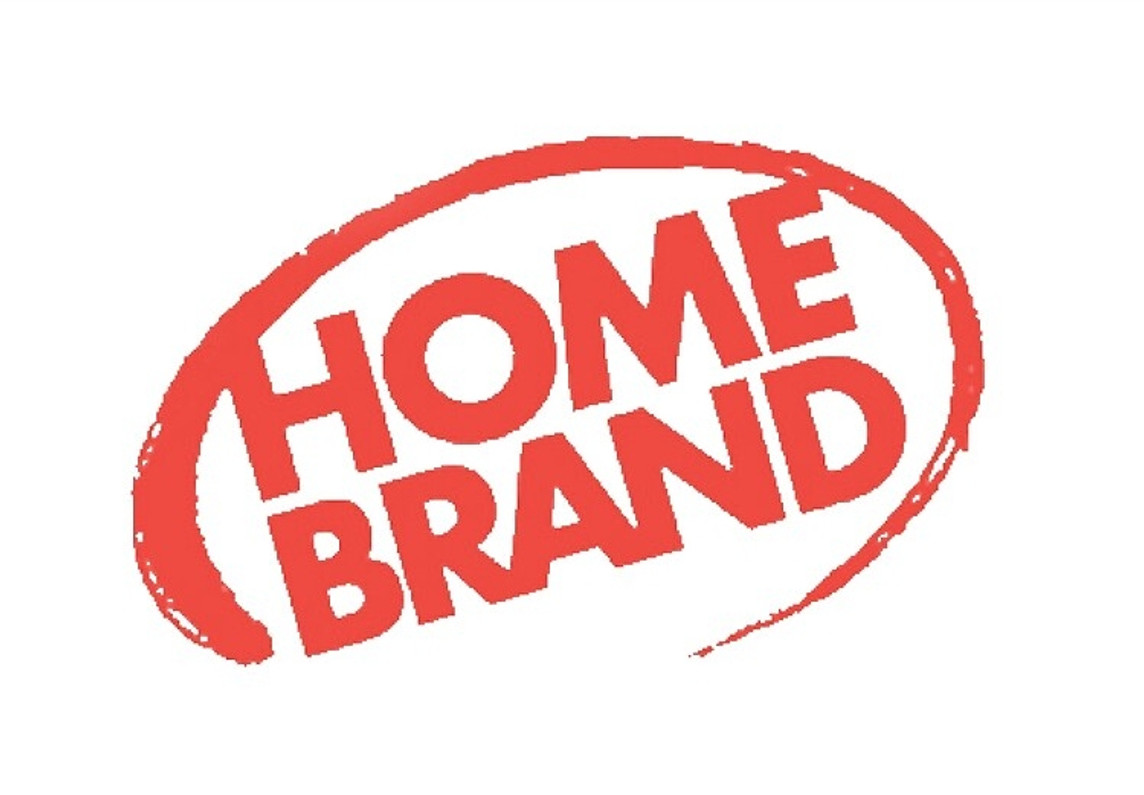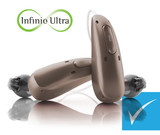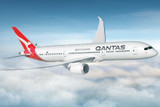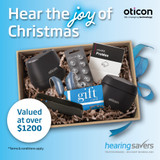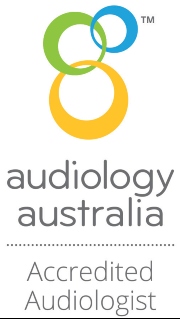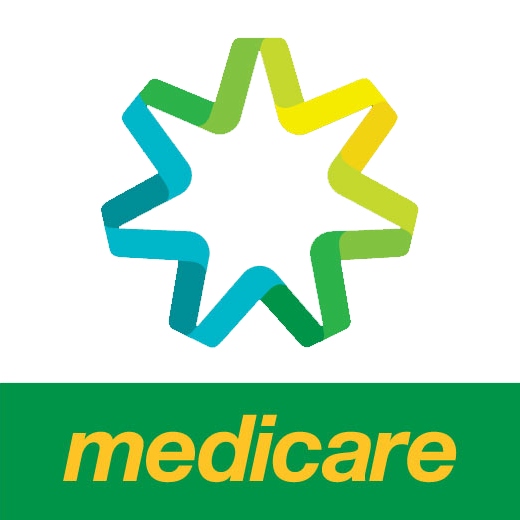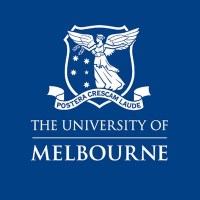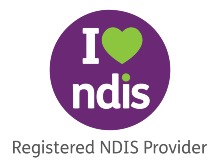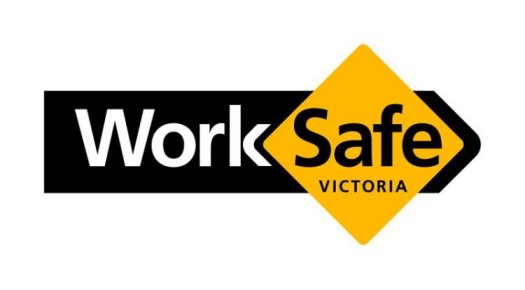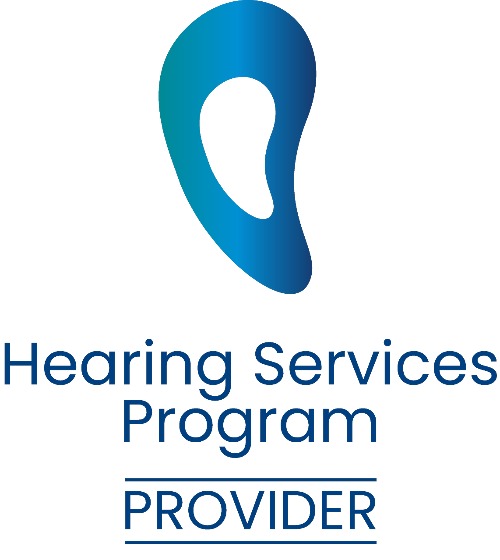White-Label, Clear Choice? Navigating Rebranded Hearing Aids
Private-Label Hearing Aids
An in-depth guide
Private-label hearing aids – also called white-label or own-brand hearing aids – are increasingly visible in Australian retail clinics, big-box stores and online. This article explains what they are, how they’re made and distributed, the regulatory and service implications, pros and cons, and practical tips to evaluate them if you're in the market for new hearing aids.
What are private-label hearing aids?

A private-label hearing aid is a device manufactured by an original equipment manufacturer (OEM) but sold under a hearing chain's own brand name instead of the original OEM brand.
Hearing aid chains contract with a manufacturer to supply devices that are re-badged and often bundled with the retailer’s own service package. This allows chains to market the technology under a uniform brand identity, aligning their service with the product itself. It also simplifies marketing by consolidating the product messaging around the chain's reputation and care standards, rather than underlying brand names.
Think of supermarket store branded products, like Coles and Woolworths 'home-brand' products; the same idea applies in hearing care.
Leading hearing aid brands
Major global OEM hearing aid brands include Phonak, Oticon, Widex, Signia, Starkey, Unitron, ReSound, Beltone & Bernafon.
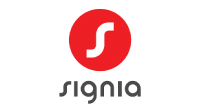

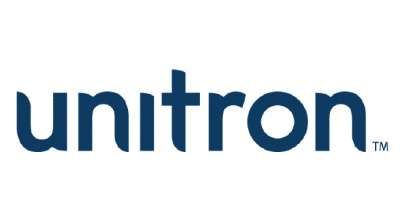
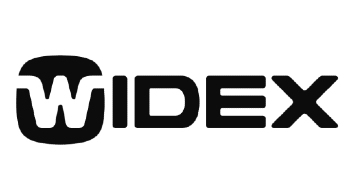
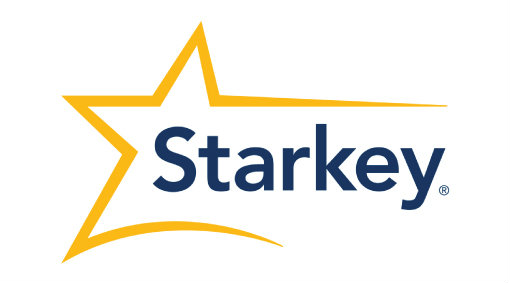
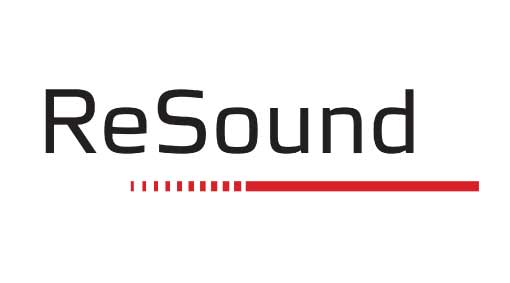

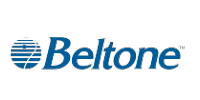
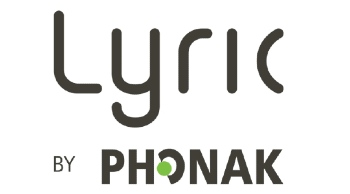
Major global hearing aid brands offer a unique mix of features like rechargeable batteries, Bluetooth streaming, artificial intelligence–based sound processing, and discreet styles and designs. Each brand invests heavily in research and development to differentiate their products and respond to diverse hearing needs, from mild to profound loss.
As a consumer, brand reputation signals trust, reliability and after-sales support, making it an important factor in the decision-making process alongside price, features, and Audiologist recommendations.
How the supply chain works
A major hearing-technology manufacturer (for example Sonova, GN ReSound, Demant/Oticon, WS Audiology/Widex/Signia, Starkey) produces hearing aids, software and chipsets.
A hearing aid chain negotiates a supply and branding arrangement: devices are produced to spec (sometimes similar or identical to an OEM model) and labeled with the hearing chain's name.
The hearing aid chain then bundles its own pricing, warranty, smartphone app, plus fitting and service plans.
Common examples - Costco, Amplifon, Specsavers, Hearing Australia
Costco’s “Kirkland Signature” hearing aids are manufactured for Costco by various established OEMs. National and international hearing chains, such as Amplifon, Hearing Australia and Specsavers sell their own branded hearing aids under private labels – Ampli, Hearing Australia and Advance.

Supply arrangements typically change over time as supplier contracts change. For example, in 2023 GN Hearing Australia won the tender as the main supplier of hearing aids to Hearing Australia, replacing Signia.
Regulation & safety
In Australia, hearing aids are regulated medical devices and must comply with TGA requirements, including labelling and inclusion on the Australian Register of Therapeutic Goods (ARTG). The TGA provides guidance on labelling and device registration – this applies regardless of whether the device is sold under a private label.
Pros, cons and consumer risks
The main benefit of private label hearing aids is perceived lower prices. By controlling branding and bundling, chains can sometimes offer lower list prices compared with some premium branded channels, however, direct comparisons against branded hearing aids is often challenging (see below). Many private-label offerings target value-conscious buyers or buyers who are brand agnostic.
However, there can be serious drawbacks of private label hearing aids:
-
Lock-in to clinic or limited inter-operability
Some private-label devices are sold with proprietary software or restricted programming that makes it harder for other hearing providers to service or reprogram the aids if you move or change clinics. Several articles and industry blogs highlight cases where private-label devices were harder (or not feasible) to support outside the original selling chain. This can affect repairs, software updates and choice for future support.
-
After-sales care variability
The quality and scope of ongoing care (fine tuning, counselling, repairs) usually determine long-term satisfaction. A low upfront price is less valuable if follow-up service is poor or costly.
-
Product continuity and parts availability
If a private-label chain discontinues a line or switches suppliers, getting replacement parts or compatible accessories can become more difficult than compared with a major OEM brand. Leading hearing aid manufacturers maintain widely-distributed and readily accessible channels to access their hearing aids, accessories (e.g. tv streamers), smartphone apps, consumables (e.g. domes, wax filters) and after-care support, such as repairs and firmware upgrades. You will find branded hearing aids in all independent hearing clinics.
-
Transparency issues
Most hearing aid chains do NOT disclose the OEM manufacturer or the technical equivalence to known brand devices, which means you don't always know what you're actually buying, whether it's the latest technology or is de-featured in any way. There have been reports of inclusion of older-generation technology without clear disclosure.
How to evaluate a private-label hearing aid
Use this checklist when comparing private-label to branded hearing aids:
Private Label Hearing Aid Checklist
- Manufacturer Disclosure:
Ask whether the device is made by a reputable, named OEM or derived from a known platform. If the retailer won’t say, treat that as a red flag. - Portability of Care:
Can other qualified clinicians program and service the aid, or are you tied to the selling chain? If portability is limited, ask how future support is handled. - Objective Performance:
Request objective performance metrics & features (e.g. AI, battery life, wireless features) and compare them to equivalent branded hearing aids. - Service & Warranty:
What follow-up visits are included? Are software/firmware updates covered?
Sources:
- Hearing Review / Hearing Health Matters / Forbes Health — industry reporting on private-label arrangements (e.g., Costco/Kirkland partnerships with Sonova) and manufacturer relationships.
- Audiology Now: The Sound of White – Behind the White Label
- Audiology Now: The Clinical Challenges of Private Label Devices
- Value Hearing and clinician blog posts — practical clinician perspectives on serviceability and real-world issues with private labels.
Latest News
-
Phonak Infinio Ultra Hearing Aid Upgrade
Ultra Infinio Upgrade The latest release Phonak Infinio Ultra extends Phonak's Infinio platform, del …5th Jan 2026 -
Flying with rechargeable hearing aids and portable chargers
Airlines ban use of portable power banks on flights As of December 2025, the use of portable power …2nd Dec 2025 -
Hear the Joy of Christmas + Oticon $1200 Extra Value
Hear the Joy of Christmas Experience next-generation hearing technology for less, with our Oticon I …6th Nov 2025

